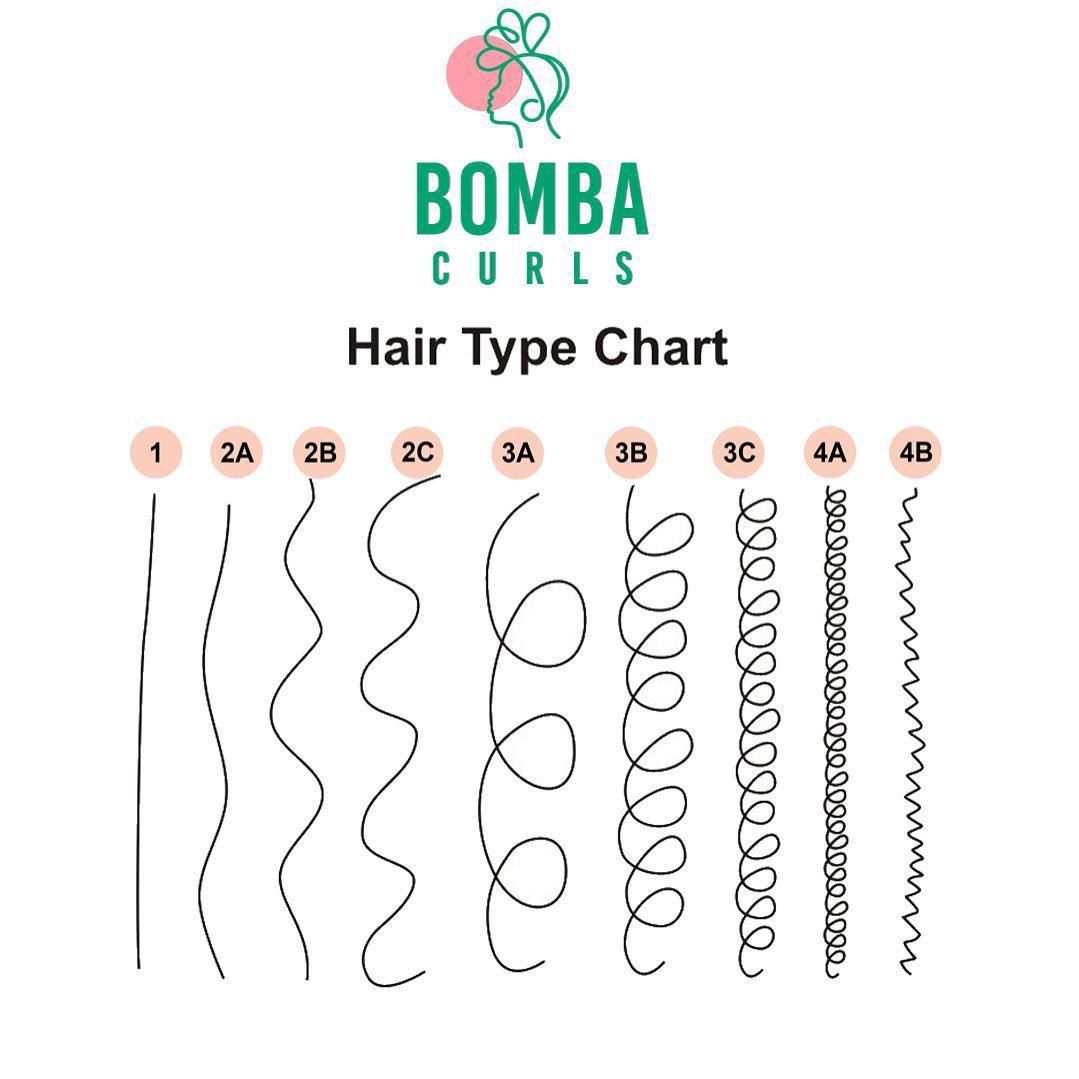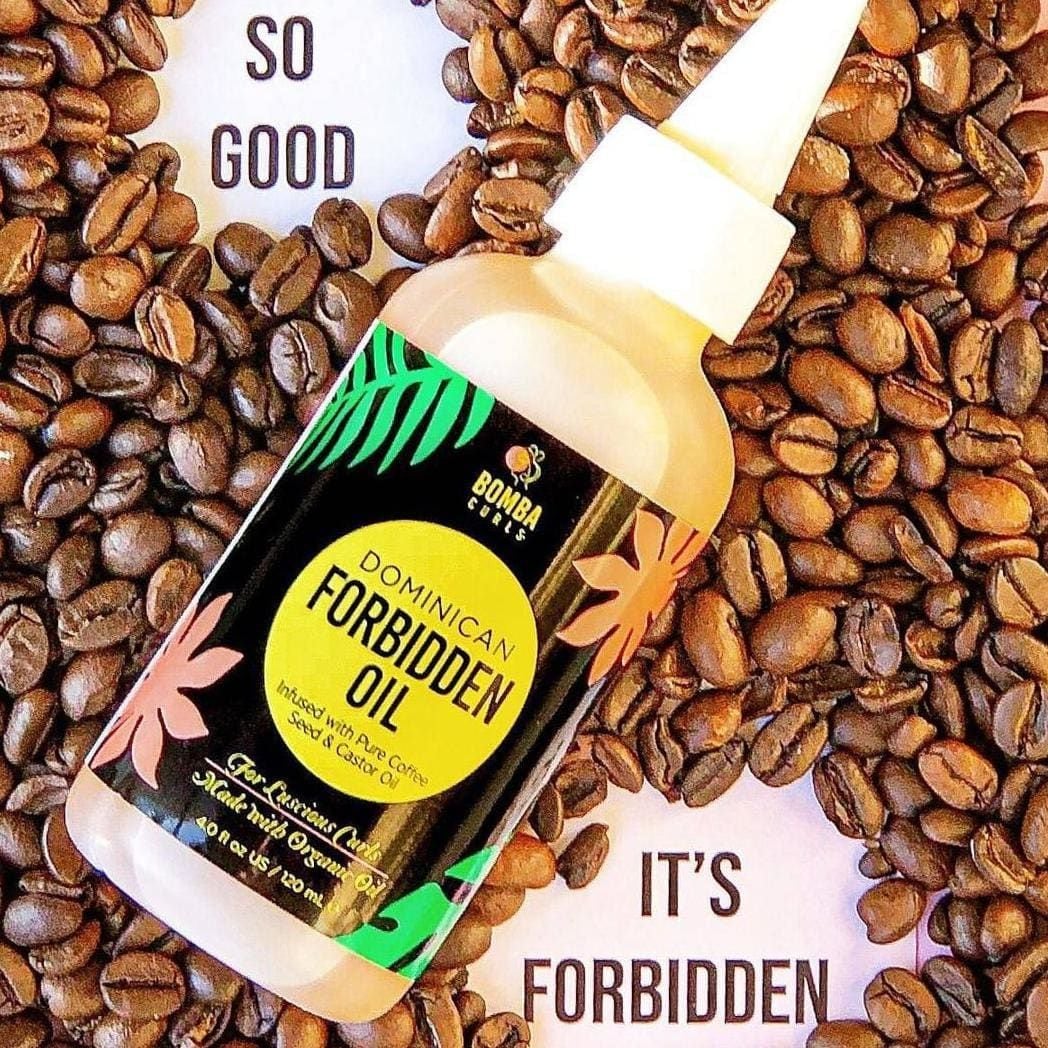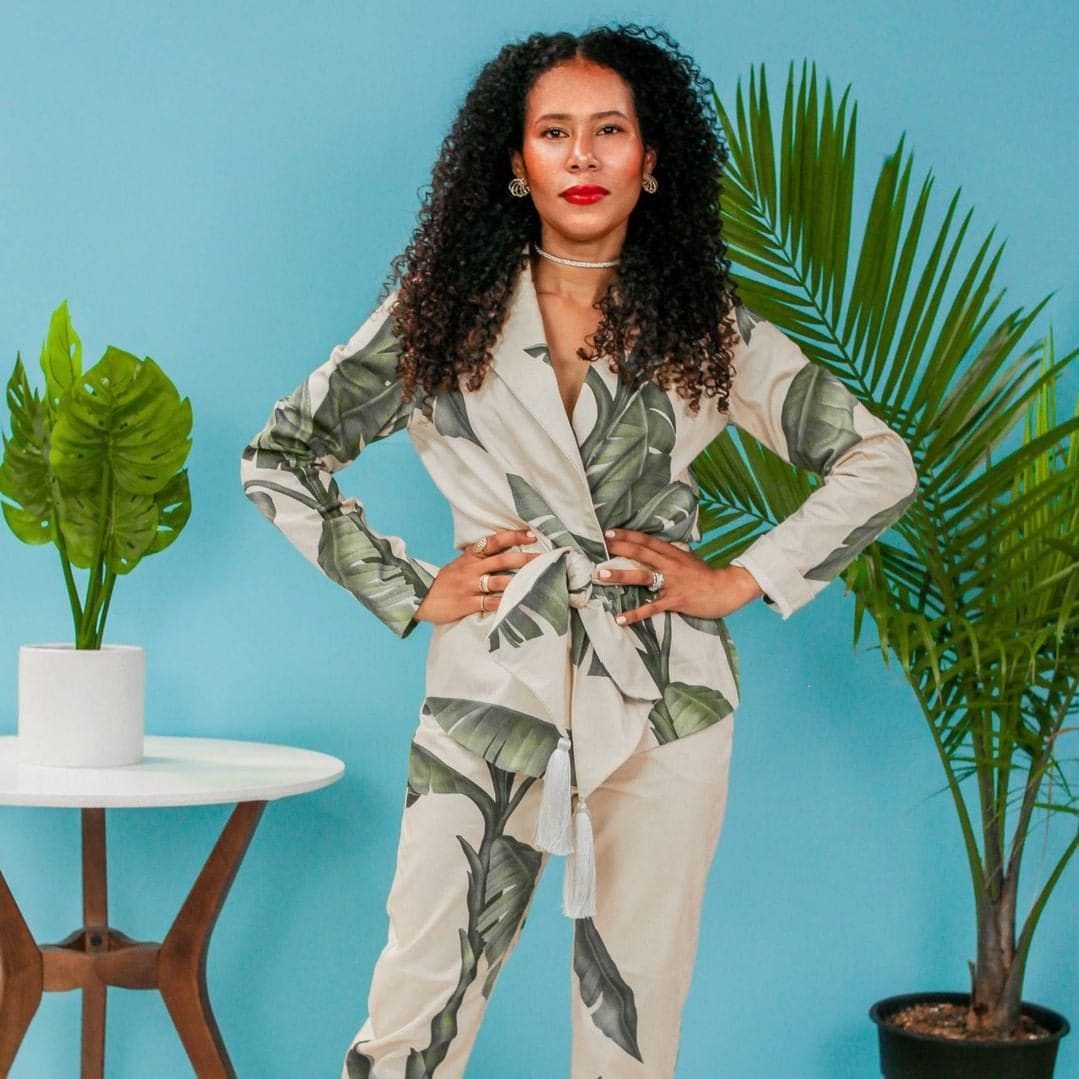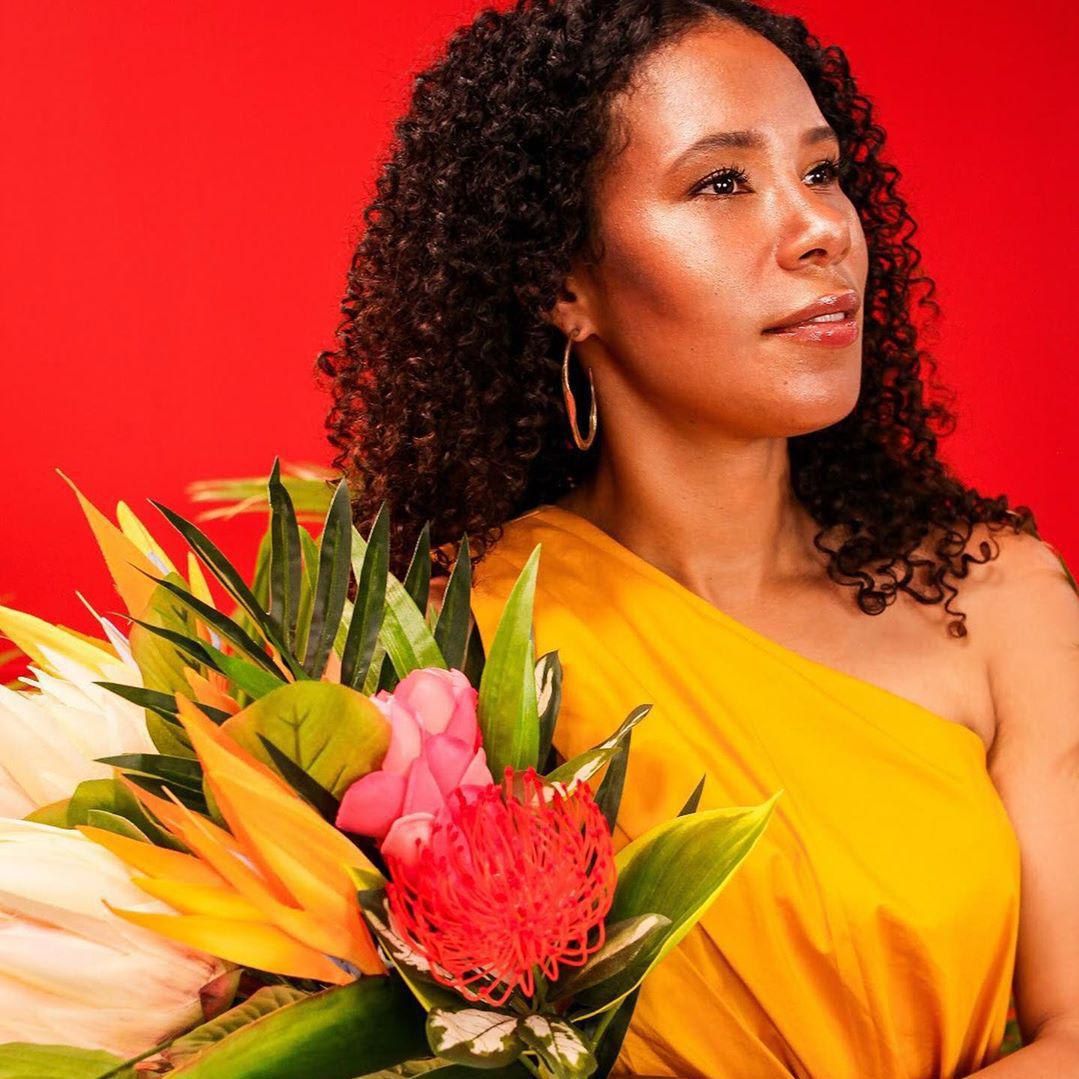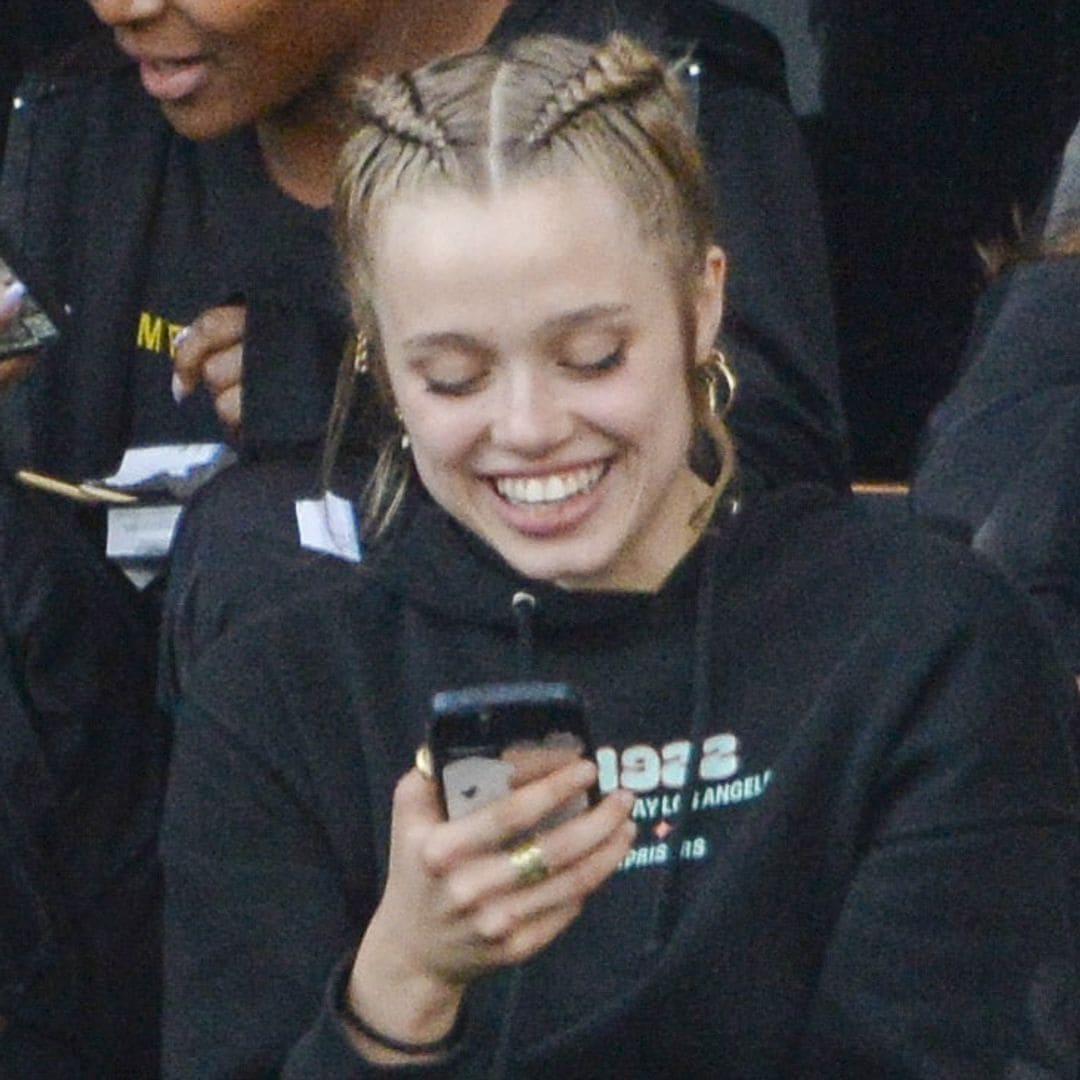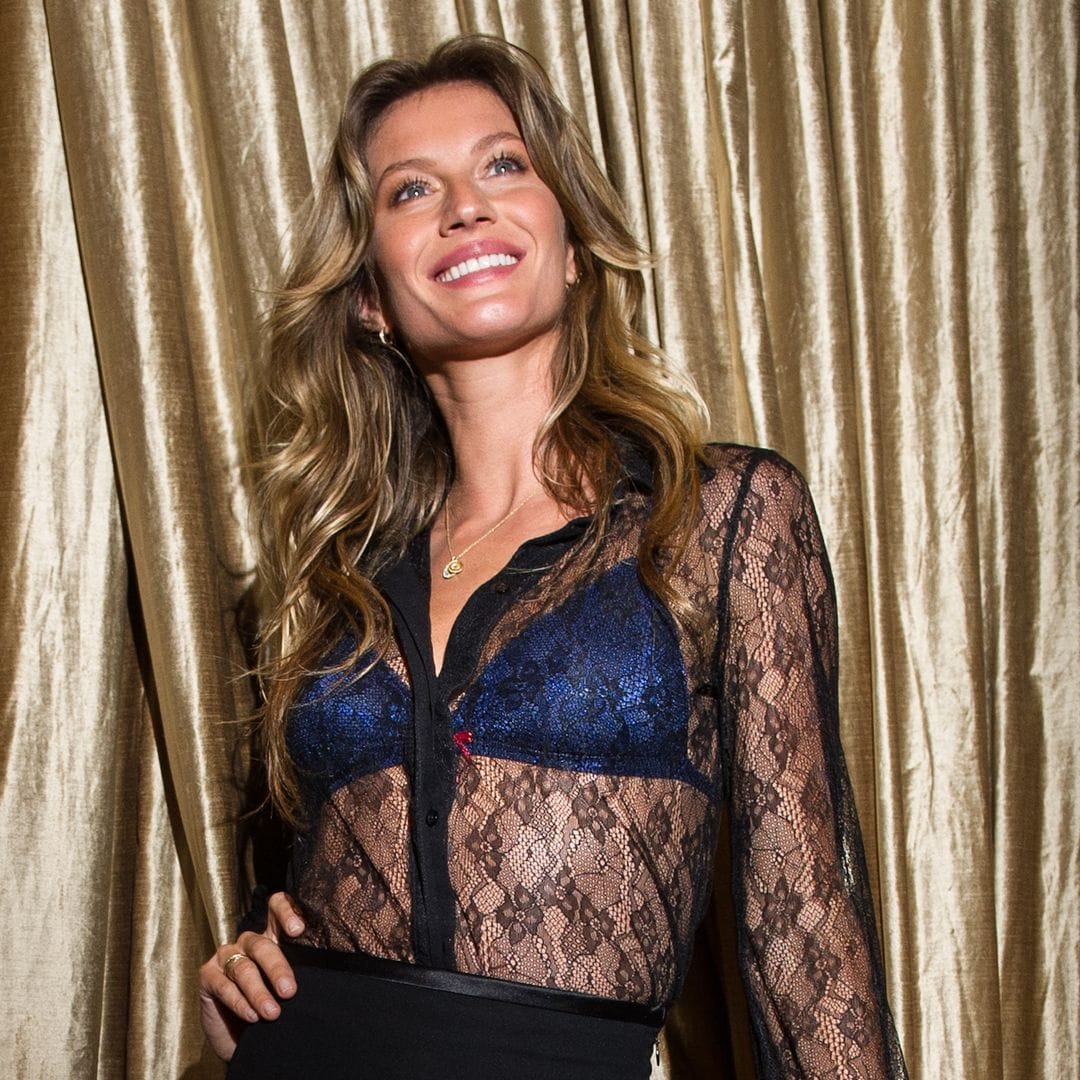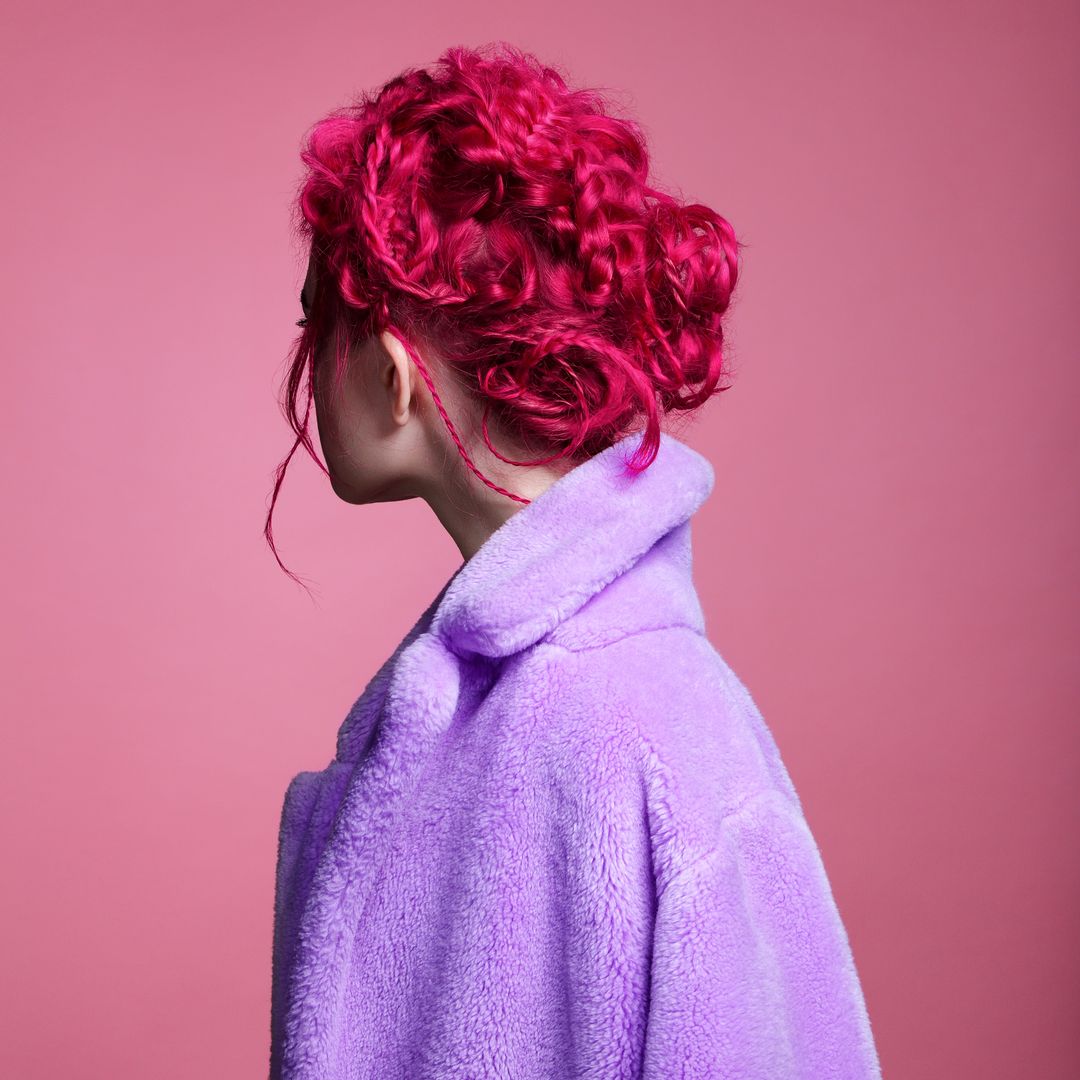Meet Lulu Cordero, the Dominican businesswoman behind the tropical line Bomba Curls. Matching her work ethic to her roots, the New York native spent the last few years creating, testing, and researching ingredients to create an elevated natural hair experience for all. Empowered by the natural hair movement in the states, the beauty entrepreneur took a trip in her studies into the Dominican heritage experience and hit the jackpot with her latest launches. Known for her infused coffee seed and castor oil magic in a bottle—coined the Dominican Forbidden Oil, $18— her multipurpose oil has been formulated using never before shared generational growth secrets and techniques unique to the motherland. The premium lightweight blend of oils work to moisturize the hair and scalp while giving your follicles the boost they need to promote maximum healthy hair growth. Keep reading to find out how she created the brand, texture topics, and how you too can create your own bomba lifestyle.
HOLA! USA: Where did the name 'Bomba Curls' come from?
Lulu Cordero: Bomba, in English, literally translates to bomb! That’s exactly how I wanted every curly girl who has ever been told that their natural hair was less than or not glamorous to feel-like they are IT. I was sick and tired of seeing afro, curly, big beautiful hair have this stigma associated with it. Why can’t I be beautiful? Why can’t I be glamorous with my natural hair? What makes my natural hair so offensive? I declare that I am BOMBA! I declare that my roots are beautifully made and I declare that I could care less about what anyone thinks or states about my natural hair because I know it’s fabulous.
H!: Growing up did you always embrace your curls or did it come with age? Did you see society embracing it more? Did you get your inspiration from celebs, TV, social media, etc.?
LC: I personally never had a problem with my natural hair—other people did. Some of my tias or primos had negative comments about my pelo malo, but my mom’s lessons kept me in a space where I didn’t allow that kind of talk to phase me.
I did get a relaxer when I was nine, mostly because the adults wanted to make it easier for me to do my own hair in the mornings before school.
I decided to go natural back in 2004 because I wanted to live a cleaner, healthier lifestyle so naturally I decided to ditch those toxin-heavy relaxers and just embrace my natural texture. I was not expecting that decision to be as controversial as it became. I was trying to do something that I believed was positive and good for my health and everyone (except my mom) was so worried about me looking unprofessional, unkempt and unattractive with my natural curls. Society is gradually getting used to the idea that natural hair is also beautiful. That’s not to say that there isn’t a lot of progress that needs to be made, because there is, but I think that we’re taking steps in the right direction which is incredibly encouraging. Going natural for me was a personal decision, I can’t say that I did it because of social media or TV, it was just something that I did for myself. You have to be committed to making the change, especially because some people won’t understand why you’re doing it, but if you do it for you, none of that matters.
H!: What are the natural ingredients you've included in the product?
LC: The Forbidden Hair Mask is the Dominican Republic in a bottle. We love to use cinnamon and coffee to stimulate growth so I included both ingredients to make sure that your roots get a maximum boost. Pistachio oil plays a big part in the formula because it’s a naturally rich source of ceramics. In the DR, pistachio oil is also pretty commonly used for hair care because it's so good at what it does…those ceramics help seal in moisture and smooth the hair cuticle which is crucial for fighting frizz and preventing breakage in curls. There’s also cupuaçu butter, that while not a typical Dominican ingredient, is an amazing ingredient for our curls. Cupuaçu butter is like Shea butter on steroids. It’s moisture retention capacity remains unmatched and helps make our hair mask one of the most potent and moisturizing hair masks on the market.
H!: What was product development like? How long did it take? How did you feel during the process?
LC: I was actually a pre-med student so I have a pretty strong background in chemistry and biology. Having that background was critical during the development phase of my formulations. I’d been making my own conditioners and my oil at home for over ten years to help me address my own hair issues—traction alopecia hit my hairline hard—so a lot of the groundwork for my formulas already existed in my lab notebook. I knew which ingredients worked, at which ratios and which were the best natural chemical alternatives. That knowledge coupled with my extensive knowledge of Dominican “hair care cocktails” allowed me to create something truly magical for natural hair. I didn’t have the budget to pay a chemist to make something for me, but that worked in my favor because it allowed me to truly capture the essence of the Dominican style hair care and remain authentic to my beliefs that natural is better. Bomba Curls products are silicone free, sulphate-free, paraben-free and super effective growth-driven formulas. I feel extremely proud to say that Bomba Curls was launched with something that I can 100% call my own.
,type=downsize)

